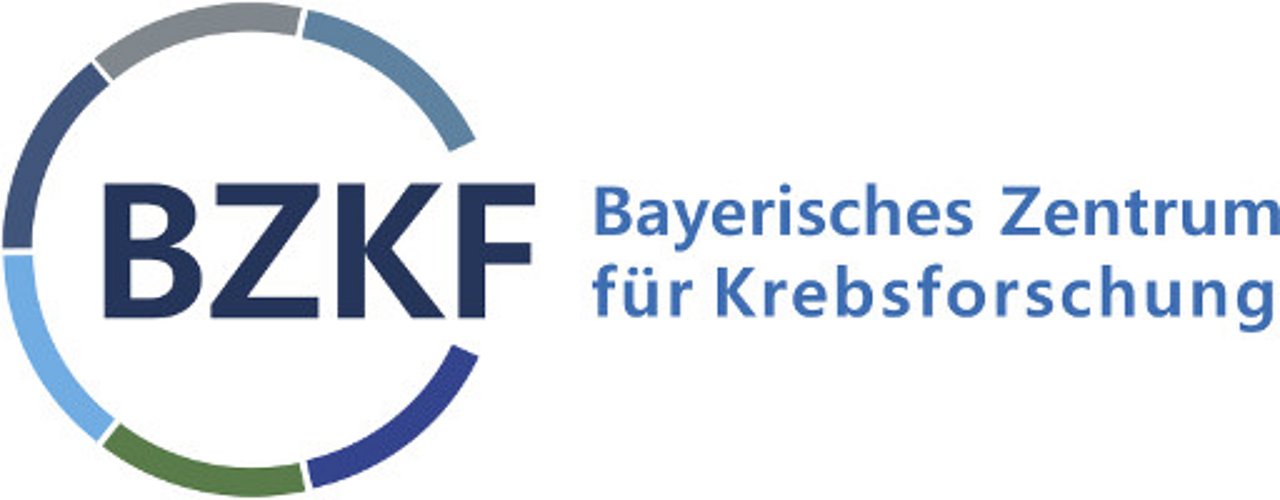Juvenile Idiopathische Arthritis
Juvenile idiopathic arthritis, or JIA for short, is a chronic rheumatic autoimmune disease that affects the joints. Autoimmune diseases are diseases where the immune system not only targets pathogens, but also starts attacking the patient’s body itself. In the case of JIA, immune cells are misdirected to the joints where they produce messenger substances that promote inflammation. If this overreaction of the immune system is not detected and treated within a certain time frame, the joints are slowly destroyed.
By definition, the onset of this type of idiopathic arthritis occurs before a patient is 16 years old. The condition is diagnosed if the inflammation to the joints persists for at least 6 weeks and if other causes can be ruled out. Seven sub-forms of the disease are categorised according to the number of joints affected and symptoms in areas other than the joints:
Systemic-onset arthritis:
- This also affects organs such as the liver, heart, lymph nodes and lungs
Polyarticular (rheumatoid factor positive) arthritis:
- Affects five or more joints
- Rheumatoid factor (special antibodies) present in the blood
- Similar to rheumatoid arthritis in adults
- Onset mainly in late childhood
Polyarticular (rheumatoid factor negative) arthritis:
- Affects five or more joints
- No rheumatoid factor present in blood
- Onset mainly in infants
Enthesitis related arthritis:
- Affects tendon attachment sites and joints
- Specific cell marker HLA-B27 is present
- Onset mainly in late childhood
Oligoarticular arthritis:
- Affects up to four different joints at the beginning
- Onset mainly in infants
Psoriatic arthritis:
- Associated with psoriasis
- Most commonly affects the knee joints
- Typically also affects one single toe
Undifferentiated arthritis:
- None or more than one of the above forms
Cooperation Partner
What causes juvenile idiopathic arthritis?
The causes of juvenile idiopathic arthritis are not yet fully understood. However, experts assume that certain autoimmune mechanisms combined with a genetic disposition can increase the risk of developing the condition. External factors such as environmental factors or viral and bacterial infections probably also play a role, but they have less of an influence on the disease.
Symptoms: Which symptoms are typical for juvenile idiopathic arthritis?
Patients’ symptoms vary according to the type of arthritis and are very different from patient to patient. The range of symptoms include swollen and painful joints, fever, skin rashes and inflammation of the eye.
The main symptoms of juvenile idiopathic arthritis are:
- Redness of the skin on the joints affected
- Painful joints
- Inflammation of the eye (often occurs with oligoarthritis)
- Morning stiffness
- Fever
- Skin anomalies (often occurs with psoriatic arthritis and systemic arthritis)
- Restricted mobility
- Overheating
- Visible and/or palpable swelling (joint effusion detectable using ultrasound)
- Easily fatigued
- Impaired performance
- Disturbance in growth of the swollen joints that can lead to malpositioning
Treatment: How can the Deutsches Zentrum Immuntherapie (DZI) help?
Patients under 18 years of age receive treatment at the Department of Paediatrics and Adolescent Medicine at the Universitätsklinikum Erlangen. As part of the DZI, the Department supports its patients with an interdisciplinary team of doctors from many different specialisms.
In addition to tried and tested standard medications such as methotrexate, patients at the DZI have access to other cutting-edge treatment options including various forms of immunotherapy. The treatment of juvenile idiopathic arthritis can also involve administering specific biopharmaceuticals. These innovative drugs are manufactured using biotechnology and their aim is to suppress the immune system’s excessive activation which triggers the disease.
The medication can be administered intravenously during short stays at the hospital or subcutaneously in the outpatient clinic. Patients can also administer the medication subcutaneously at home after receiving the relevant training.
Other medical consultations may be necessary, depending on patients’ symptoms. The main focus of these consultations is the close collaboration between internal departments such as Paediatric Nephrology, Paediatric Gastroenterology or other departments such as the Department of Ophthalmology, the Department of Dermatology or the Institute of Radiology.
Joint appointments are organised for parents and their children at the Department of Medicine 3 – Rheumatology and Immunology. In our highly-specialised transition clinic, we plan enough time to answer all questions related to medical and social concerns in order to make the transition from paediatric to adult medicine as easy as possible. As autoimmune diseases are often hereditary, close collaboration and care provided by the interdisciplinary team of specialists in paediatric and adult rheumatology is particularly important and this form of collaboration is the only one of its kind in this region.
The collaboration between specialisms at the DZI means patients are quickly and efficiently referred to the correct medical specialist. In addition, they also benefit from cutting edge scientific research with the opportunity to participate in trials.
Do you have any questions on the treatment of juvenile idiopathic arthritis? Please feel free to get in touch with us by phone, e-mail or via our contact form.




